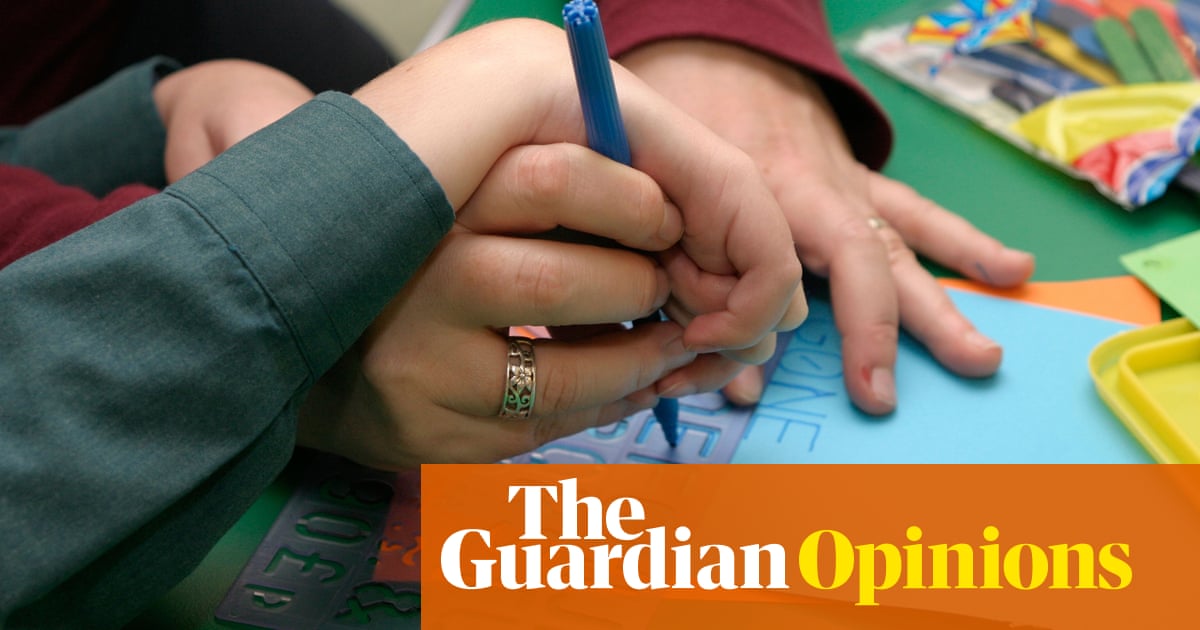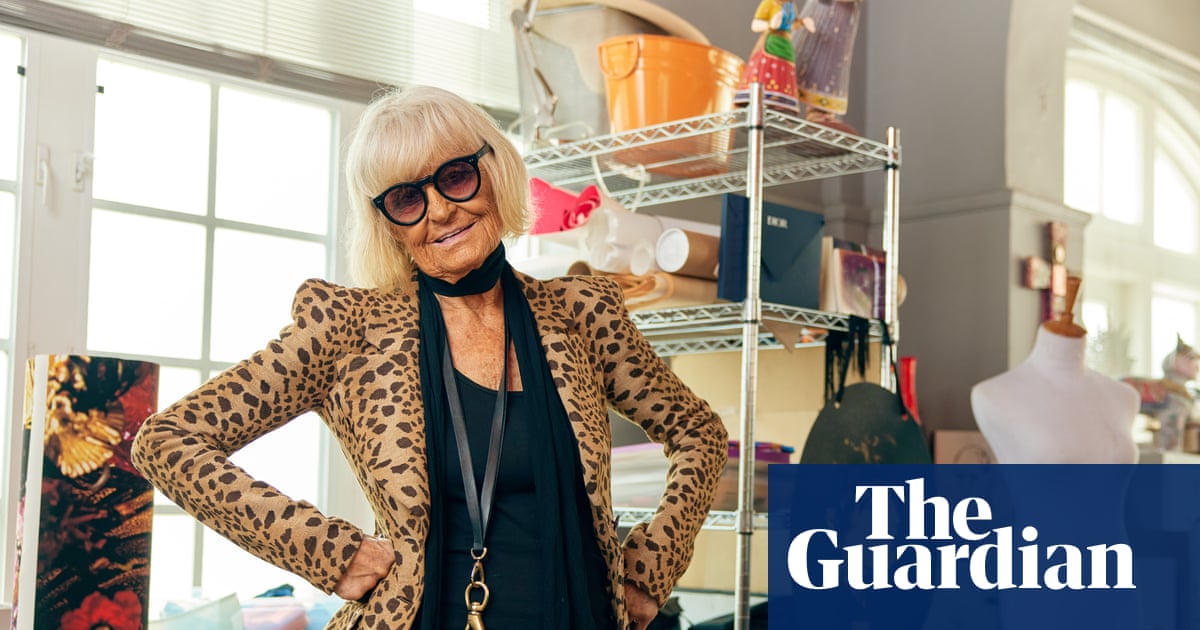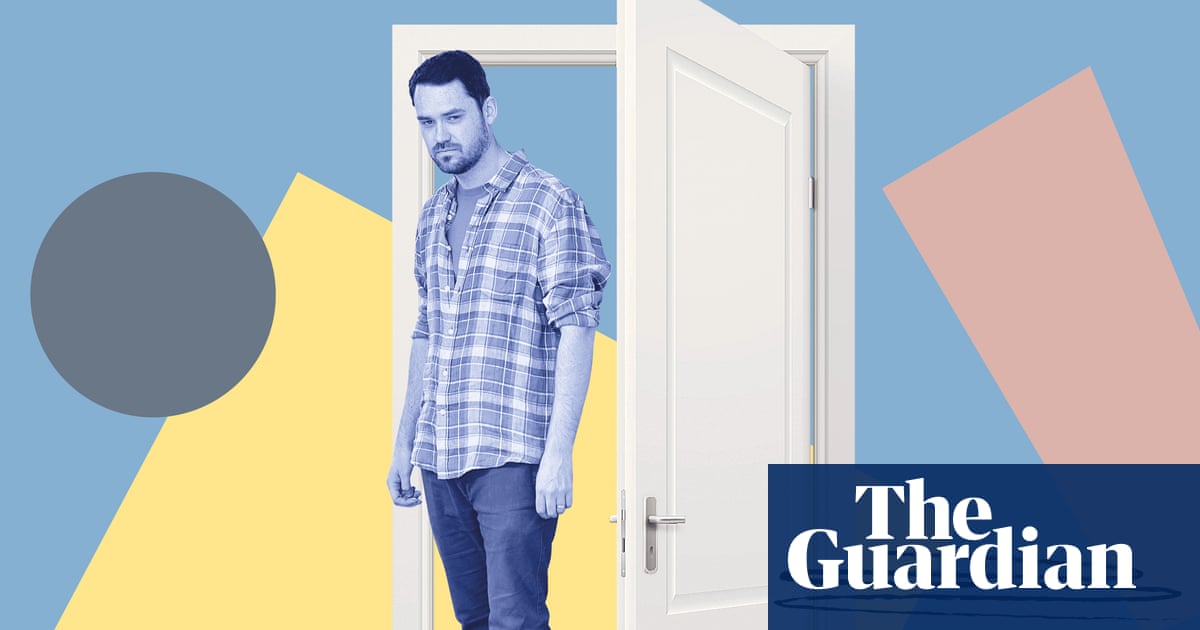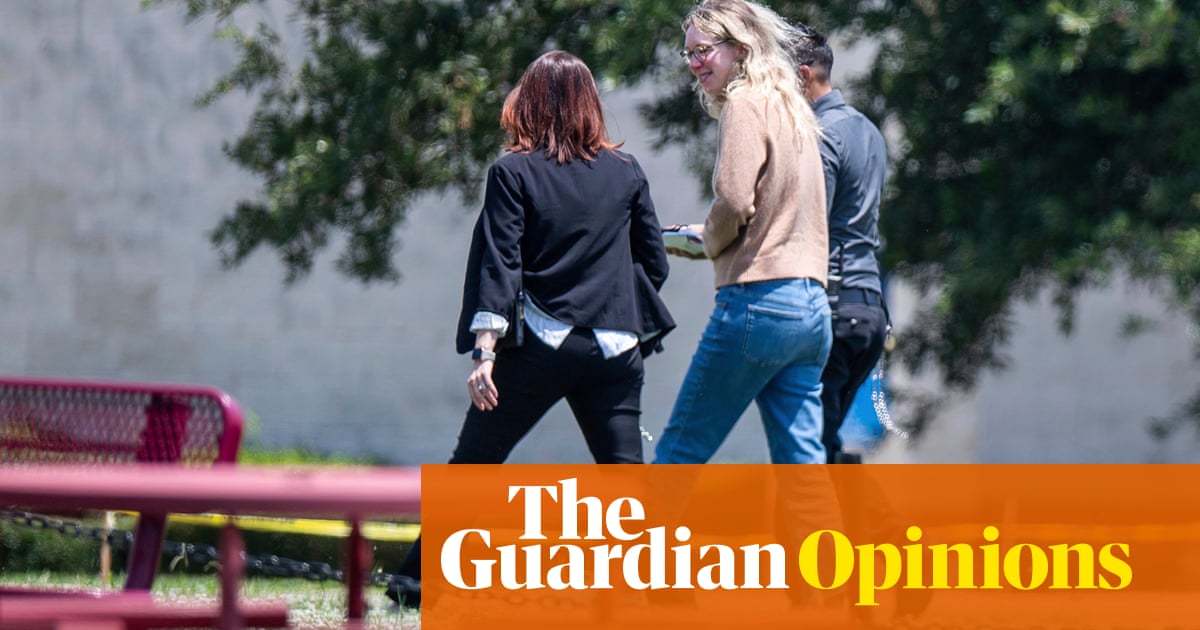
My mother and I both lost our husbands recently, but the coronavirus epidemic means we must grieve apart
Coronavirus – latest updates
See all our coronavirus coverage
Catherine Mayer
Sun 22 Mar 2020 07.41 GMT Last modified on Sun 22 Mar 2020 10.21 GMT
Shares
41
Catherine Mayer with her mother, Anne Mayer Bird, at the launch of Mayer’s biography of Prince Charles in 2015.
Catherine Mayer with her mother, Anne Mayer Bird, at the launch of Mayer’s biography of Prince Charles in 2015. Photograph: Alan Davidson/REX/Shutterstock
My mother and I, both widowed just weeks ago and only 41 days apart, have quickly come to dread the well-meaning words: “How are you?”. Semaphored by a telltale tilt of the concerned head before they are even spoken, they force us to contemplate the thing that anyway lodges like a stone in our stomachs and drags on our every step.
And what answer should we give? That we are doing our best to adjust to our bleak new realities? In the age of coronavirus, realities change by the hour. The friends and family who rushed to embrace us after we lost our beautiful boys now keep a responsible distance, especially from my mother, who is 86. The government advises over-70s to stay home and shun visitors. My mother, alone for the first time in her life, oppressed by the weight of “sadmin” and new to the technologies that offer virtual connections, could scarcely be more isolated in her self-isolation. This is why today, exceptionally, is one that we will spend together, at a two metre distance and without hugs. Happy Mother’s Day.
Advertisement
In so doing, we play to the stereotype that currently infests social media, of entitled elders endangering wider society by resisting public health advice. Mainstream media is just as dismissive. Italy’s high death toll from Covid-19 is explained away by journalists as a consequence of its ageing population in terms that ignore the value and vibrancy of older citizens.
Writing in the Telegraph, its assistant editor, Jeremy Warner, suggested that “from an entirely disinterested economic perspective, the Covid-19 might even prove mildly beneficial in the long term by disproportionately culling elderly dependents”.
Such a cull will not be purely a function of biology. In January, I watched as the brilliant ICU nurses and doctors at St Thomas’s hospital battled in vain to save my 64-year-old husband while extending the same extraordinary level of care to patients who were significantly older, as well as to the chronically sick and the disabled. In failing adequately to invest in the NHS, successive governments have condemned its workforce to contemplate a system of triage that may force them to give more attention to some patients than others, as ICUs are overwhelmed by the sheer numbers suffering complications from the new virus. Those viewed as less viable, less valuable, by society are right to fear for their chances under such a system.
Covid-19 is laying bare inequalities like nothing in my lifetime, yet too few see this picture as they attend meetings of Boris Johnson’s all-male war cabinet (average age 46.6 years). Where is the understanding of the different gendered impacts of the crisis in an economy sustained by the unpaid labour of women? Which of those affluent men can speak to the experience of being told to self-isolate when home is a place of abuse or hardship?
Catherine Mayer, far left, with her parents Anne and David, and her sisters Lise and Cassie, in London in 1969. Anne later married John Bird, who died this year.
Facebook Twitter Pinterest
Catherine Mayer, far left, with her parents Anne and David, and her sisters Lise and Cassie, in London in 1969. Anne later married John Bird, who died this year. Photograph: Courtesy of Catherine Mayer
How am I, you ask. Well, I’m scared not for myself but of further loss, and I’m angry and I’m determined to see some good come out of this misery. So please, let’s ask questions – and make them the right ones. Some are urgent, such as “How can I help?”, a hashtag I’ve been using on Twitter and Facebook to link those self-isolating with people able to run errands for them. This comes garlanded with additional questions about safeguarding and bolstering – rather than impeding – existing organisations and authorities engaged in these efforts. Many of us are also looking at ways to create free content and community for those in isolation; two organisations I co-founded, the Women’s Equality Party and Primadonna festival, are separately concentrating efforts on this. As the crisis develops, and while the prime minister continues to forswear clarity of policy in favour of Churchill impressions –that’s Churchill the Dog (“Oh yes. We can lick this virus in 12 weeks”) – those of us who are not key workers may find that the most helpful thing we can do is to stay home and avoid panic buying.
Coronavirus: the week explained - sign up for our email newsletter
Read more
Yet staying home does not and cannot mean withdrawing from the debate. If we care about shaping a better post-pandemic world, we must scrutinise measures taken to combat the emergency and prepare to rise, an army of keyboard warriors, if they threaten democracy or a deepening of the social and economic divisions that have left us so ill-prepared and badly led.
We must ask questions, too, about the wisdom of pursuing economic growth driven by global consumerism, no matter the environmental cost – and as air pollution declines because of efforts to stem the spread of coronavirus, it should be clear that every environmental cost is a human cost.
Let us ask the right questions, too, about the value we ascribe to each other. A good starting point would be to look afresh at older women, so often underestimated, belittled in popular culture and short-changed by a pensions system that not only refuses to acknowledge the cumulative effect of the gender pay gap but actively penalises women for taking time out to provide the unpaid caring on which our society relies. This much older women have in common; but theirs is a diverse population, with valuable skills, wisdom and perspectives.
Share your story
Share your stories
If you have been affected or have any information, we"d like to hear from you. You can get in touch by filling in the form below, anonymously if you wish or contact us via WhatsApp by clicking here or adding the contact +44(0)7867825056. Only the Guardian can see your contributions and one of our journalists may contact you to discuss further.
Tell us
My mother may never get to grips with tech (though I’m confident she will), but there are women of her age writing code and others, scientists and medical staff, rejoining the workforce to combat Covid-19.
My mother has never stopped working, most recently as a self-employed theatre publicist. She could tell this government about the hit to freelancers and to the arts from the crisis. She could tell them about unpaid labour too.
For the last three years of my stepfather’s life, she was his carer, a tiny woman somehow managing to manoeuvre him around London in his wheelchair so that he could enjoy the time he had left. She is amazing, as so many older women are. I say again: Happy Mother’s Day.












